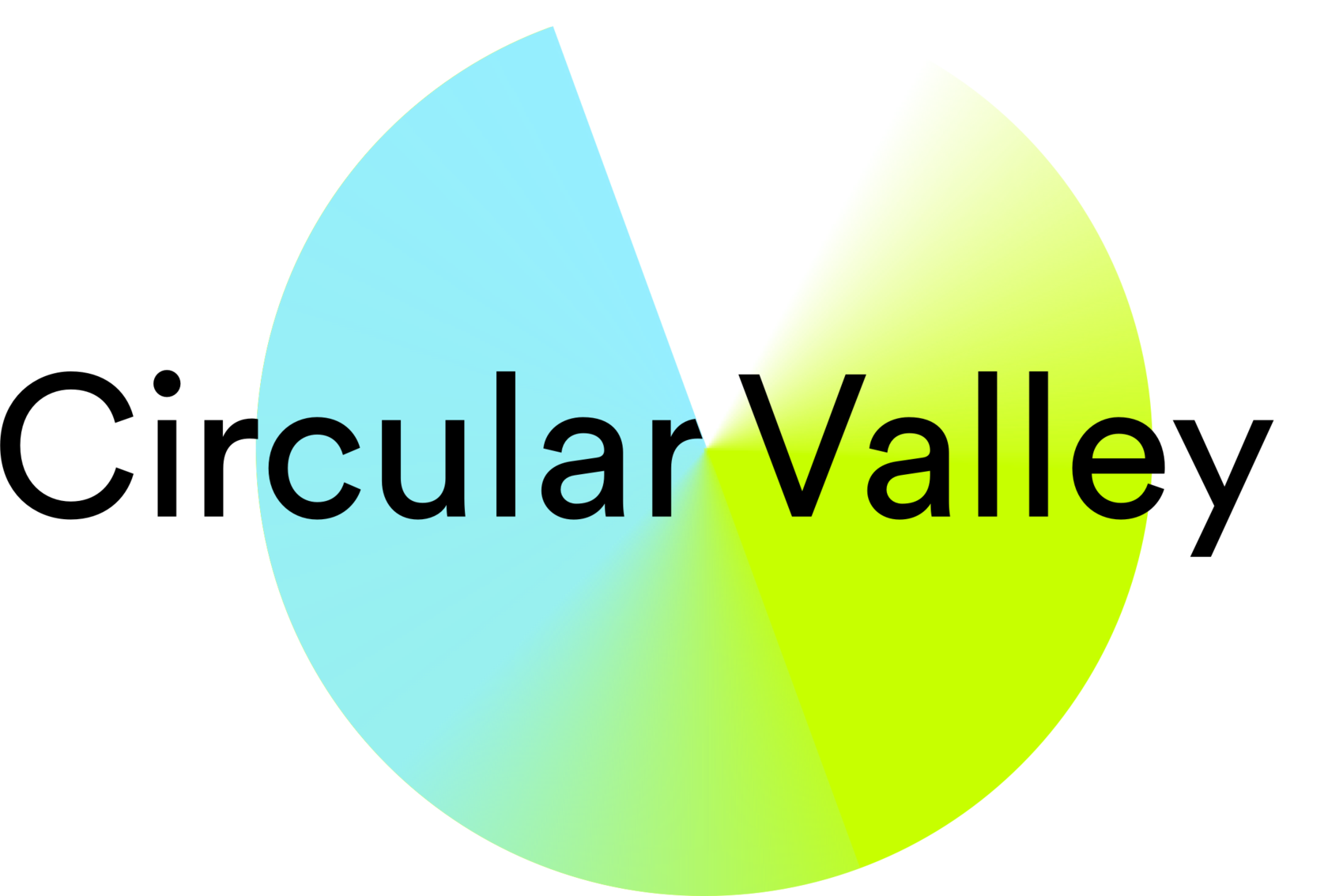2023-03-16
Circular Valley startups develop AI for waste and reusable packages for e-commerce
Disposable packaging and inefficient waste management are two problems that have gained increased attention due to the increase of e-commerce. How waste can be used and how packages can be made reusable, is currently demonstrated by two startups in the Circular Economy Accelerator in Germany.
Online retailers turned over more than 90 billion euros in Germany in 2022; during the pandemic, this value was even higher, close to 100 billion euros. Getting all the associated goods to customers requires many, many transport journeys and packaging. The CO2 emissions from the vehicles and the volumes of waste generated from packaging are very high. Massively reducing these values is one of the goals the international startups participating in the current round of the Circular Valley® funding program are pursuing.
From over 500 applications, 14 startups from all around the world were selected for the Circular Economy Accelerator program. While the startups are all engaged in different topics (water treatment, platforms for industrial waste, renewable energies, green building and transportation), they all share one thing: Their ideas have a "giga-impact", meaning that they have the potential to avoid emissions on the scale of billions of tons. In Circular Valley®, the young companies further develop their business models with top-class coaches and partners from the established industry.
This also applies to the two startups that have developed solutions for sustainability in packaging and waste management:
From over 500 applications, 14 startups from all around the world were selected for the Circular Economy Accelerator program. While the startups are all engaged in different topics (water treatment, platforms for industrial waste, renewable energies, green building and transportation), they all share one thing: Their ideas have a "giga-impact", meaning that they have the potential to avoid emissions on the scale of billions of tons. In Circular Valley®, the young companies further develop their business models with top-class coaches and partners from the established industry.
This also applies to the two startups that have developed solutions for sustainability in packaging and waste management:
Lixo The French startup uses artificial intelligence to enable a true circular economy. The technology analyzes waste in real time as it moves down the assembly line, giving an accurate overview of what recyclables it contains. This makes waste management more transparent, efficient and traceable. Lixo's solution is therefore of interest to many players along the recyclables value chain, such as disposal companies, sorters and recyclers. While the young company has already won major partners such as Suez and Veolia, it now wants to grow internationally in the next step.

Marjorie Darcet, Lixo
Photo: Circular Valley®/Jan Turek.
Photo: Circular Valley®/Jan Turek.
Rhinopaq For the founders from Essen, Germany, a bitter figure and the image of shipping containers formed the beginning of their idea. The bitter figure: every fourth tree is felled for packaging. This wouldn't have to be the case if packaging from online retail were stored in containers that could be reused over and over. And this is exactly what Rhinopaq's boxes and envelopes made of recycled polypropylene do: They replace disposable packaging when shipping tools, personal care products, cleaning products, coffee, toys and pet food, for example.

Matthias Thesing (left) and Marc Diefenbach, rhinopaq
Photo: Circular Valley®/Jan Turek.
Photo: Circular Valley®/Jan Turek.
Circular Valley® has supported over 60 startups since its launch in summer 2021. The topics of transportation and packaging have always been a focus. Alumni of the initiatives therefore include Yo-Waste from Uganda and Transfairbag from Darmstadt.
Yo-Waste Waste management is a challenge in Uganda, partly because many places do not have proper addresses and so companies cannot pick-up waste efficiently. By developing an app to solve this problem, the Ugandan startup Yo-Waste paves the way towards more environmental protection.
Transfairbag from Darmstadt, Germany, has made cushioning film in envelopes obsolete. The startup replaced plastic that would otherwise be used in packaging with a paper solution. This way, the envelopes can be recycled without having to separate materials.
If you would like to meet the representatives of Lixo or Rhinopaq in person or in a video conference, we will be happy to organize an appointment for you. Please contact us at
press@circular-valley.org.
The photos show Marjorie Darcet from Lixo and Matthias Thesing (left) and Marc Diefenbach from Rhinopaq. You can use them free of charge for reporting on the current cohort of the Circular Economy Accelerator. Source: Jan Turek/Circular Valley
press@circular-valley.org.
The photos show Marjorie Darcet from Lixo and Matthias Thesing (left) and Marc Diefenbach from Rhinopaq. You can use them free of charge for reporting on the current cohort of the Circular Economy Accelerator. Source: Jan Turek/Circular Valley
